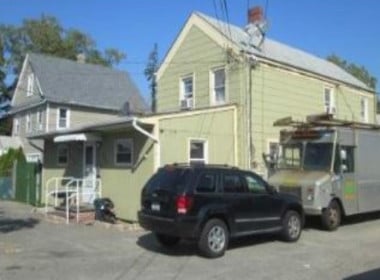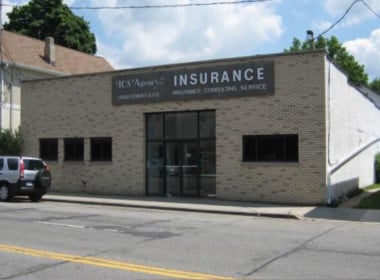What are Tiny Houses? Behind the Latest Real Estate Craze
- July 19, 2017
- Buying, residential real estate, buying a house, tiny houses
- 0
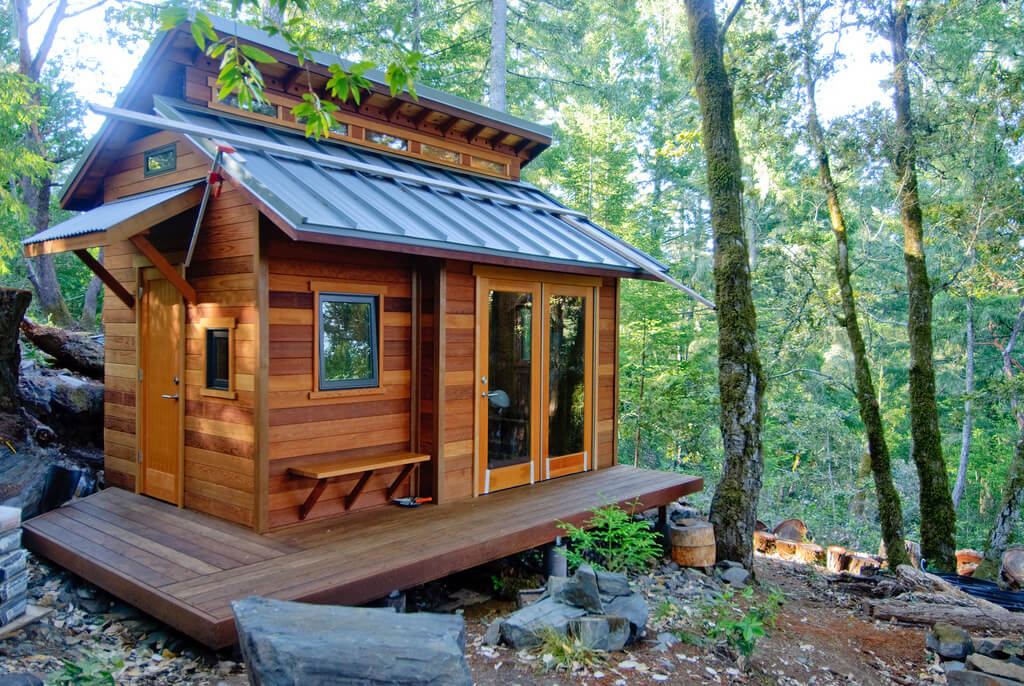
As the years go by, we see so many different fads and trends in real estate. Some stick, others fall by the wayside. Some are huge, market-shifting breakthroughs; others are small-scale concepts. Perhaps none smaller than tiny houses, America’s most recent real estate fascination. If you aren’t familiar with how this viral sensation came to be, then perhaps you need to catch an episode of HGTV’s “Tiny House Hunters” to see what it’s all about.
Do Tiny Houses Really Live up to all of the Hype?
The Advantages of Owning a Tiny House
To make up for their miniature dimensions, tiny houses are often built with high-quality, sustainable materials and equipped with high-tech appliances. Many people find the home sizes less than ideal, but are sold on the features and amenities that they generally wouldn’t be able to afford if they lived in a larger property.
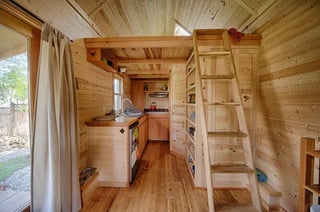
Low-Cost
For the most part, unless you go for one of the more expensive, top-of-the-line designs, tiny homes are much more affordable than purchasing a full-scale house or apartment.
You usually never pay more than about $50,000 to purchase one. It’s a smart option for those who are strapped on funds but still want to own their own property.
Minimal Carbon Footprint
Many people choose these downsized properties when they’re looking to reduce their impact on the environment and contribution to climate change. The homes are generally built with sustainable materials that have a low impact on the land they occupy.
Tiny home owners subscribe to the notion that the density of homes on earth is detrimental to the environment, but if we all downsize then maybe that threat can be at least lessened.
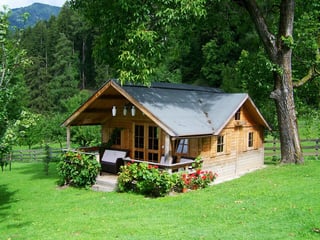
Why Owning a Tiny Home May Not be the Best Option
Besides the obvious lack of space and size, there are a few downsides and roadblocks to owning a tiny home.
Land Acquisition
One of the biggest challenges of trying to purchase a tiny house is the acquisition of land where it will be located. Oftentimes, open lots aren’t available in preferable, up-and-coming neighborhoods, especially not for tiny houses.
Land developers and the town stand to lose profits on tiny homes. There aren’t as many taxes to collect and local businesses for industries like construction and contracting are never used either.
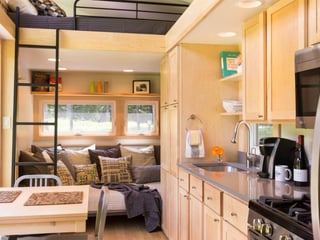
Money Problems
The one-time cost for a tiny house is usually more expensive than the upfront fees of purchasing a new home entirely. This means that many people without cash on hand won’t have the money to fork up that much at once.
Furthermore, it’s extremely difficult to find land that is correctly zoned for accommodating tiny homes. The cost of going through that process alone sometimes puts the entire purchase out of price range for some homebuyers.
Tiny houses are a fun, new craze that everyone seems to be keeping an eye on. They have their obvious pros and cons, so just be sure to do your research before embarking on the path towards ownership.







